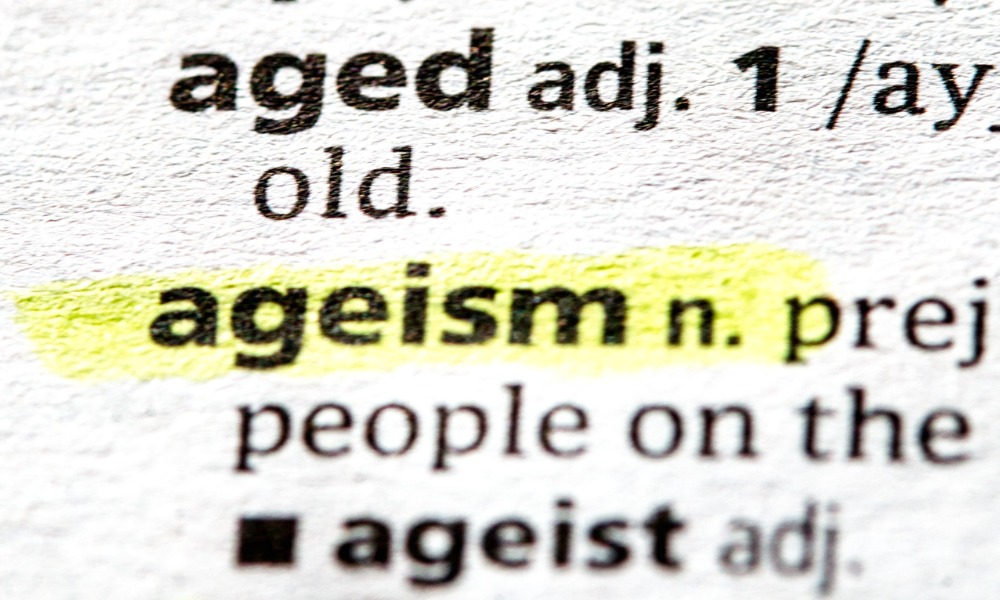
'I still hear stories of young recruiters dismissing older job seekers out of hand and some being told that they’re overqualified'

It's widely acknowledged that New Zealand's population is experiencing an aging trend. According to StatisticsNZ back in 2015, one in eight people were over 65, and in 2022, that ratio increased to one in six.
Projections suggest that by 2038, nearly 1.3 million individuals, or one in four, will fall into the 65 and older category.
As our population ages, so does the workforce, and that’s a concern: “Engaging and retaining New Zealand’s aging workforce is crucial if organisations are going to be able to retain sufficient skill and labour,” said Dr. Tim Bentley, a professor at Massey University, in a 2016 study on older workers' perceptions.
Despite the awareness and efforts, age discrimination remains persistent, even with the existence of age anti-discrimination laws under the Human Rights Act 1993 and ongoing initiatives for diversity, equity, and inclusion by Kiwi organisations.
Ian Fraser, founder of job platform Seniors@Work, told HRD that while employers he interacts with are getting better, “there remains the challenge of ageism bias and discrimination.”
“I don’t get as much negative feedback as I used to, but I still hear stories of young recruiters dismissing older job seekers out of hand and some being told that they’re overqualified,” he continued.
Fraser, a stalwart of management positions within the hospitality and events industry, found himself unemployed in his late 50s. Confident his experience would land him a new job quickly, surprisingly, 75 job applications later, he had only secured two interviews.
“One actual successful application resulted in my going down to Wellington to work at the 2015 Cricket World Cup as Catering Manager NZ for 10 months in 2014/15, but I continued to struggle to find work when I came back to Auckland,” said Fraser.
But he quickly realised he wasn't alone in his struggle to find work as an older jobseeker: “I received many tales of older jobseekers feeling that there is some bias and ageism in the recruitment process,” he said.
Fraser decided to take action and set up a job board platform dedicated to assisting, at that stage, Kiwis in their 60's and over, in finding work opportunities.
Contributing to the problem are perceptions and stereotypes applied to older jobseekers – such as the notion that they are technophobes, said Fraser.
“I don’t think it’s totally fair to describe all people over 50 in that manner; certainly some are but others are totally comfortable embracing technological change.”
For those employers thinking about how they can be more age inclusive, it’s important to be flexible and open minded, he said.
“At least consider what a mature person can bring to the workplace equation and dynamic – yes it’s cliché but the likes of experience, skillsets, life skills, maturity, reliability and so on.”
With around 40% of the workforce being over 50, “it is rather nonsensical to not take a breath and refresh and think more positively about 50 pluses,” he said.
“I sincerely believe that more employers are embracing the value and experience that mature people can bring to their teams and are more receptive to taking on mature workers. This will increase in the coming years with employers recognising the importance of older workers and being prepared to be more flexible with them and appreciating them more.”